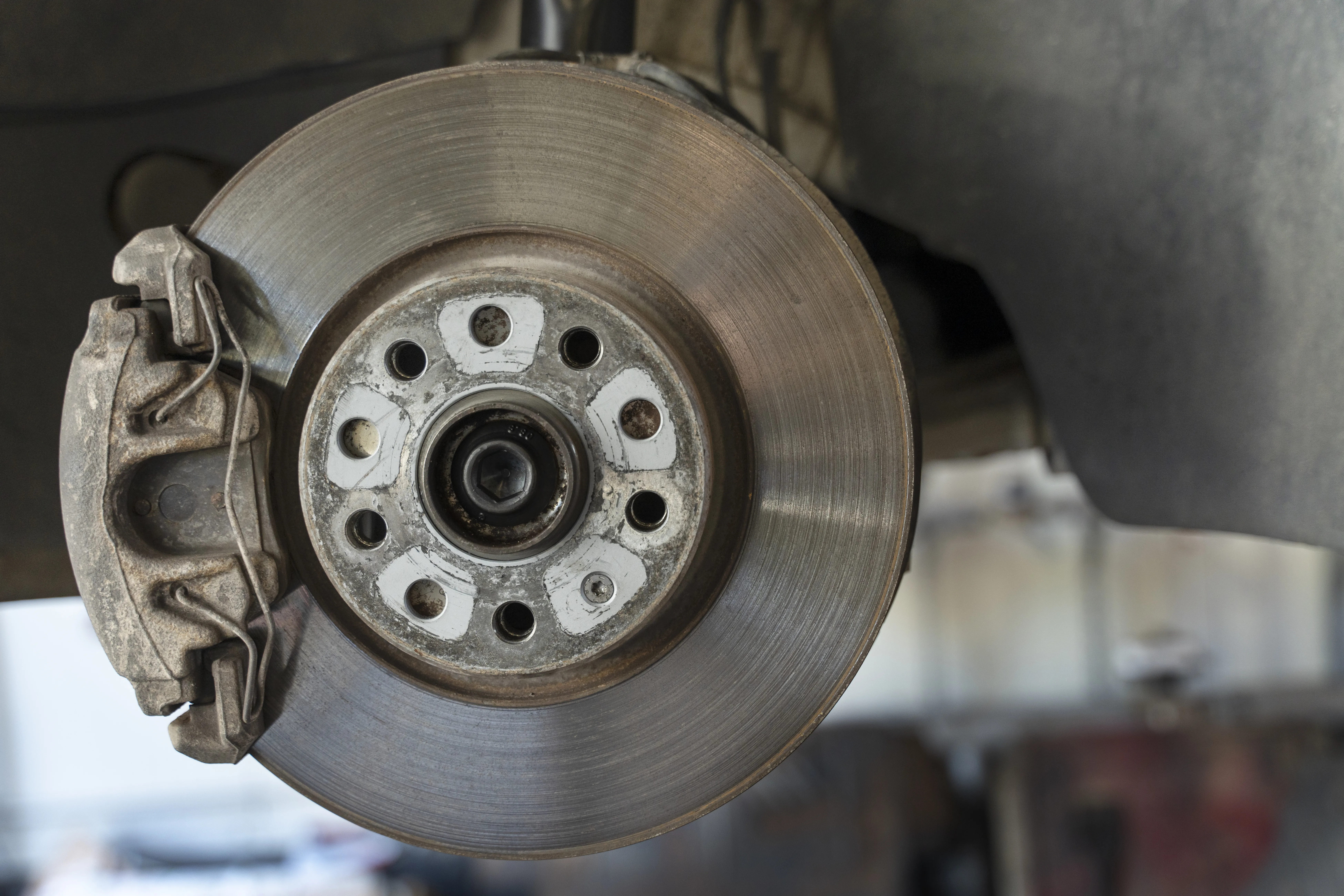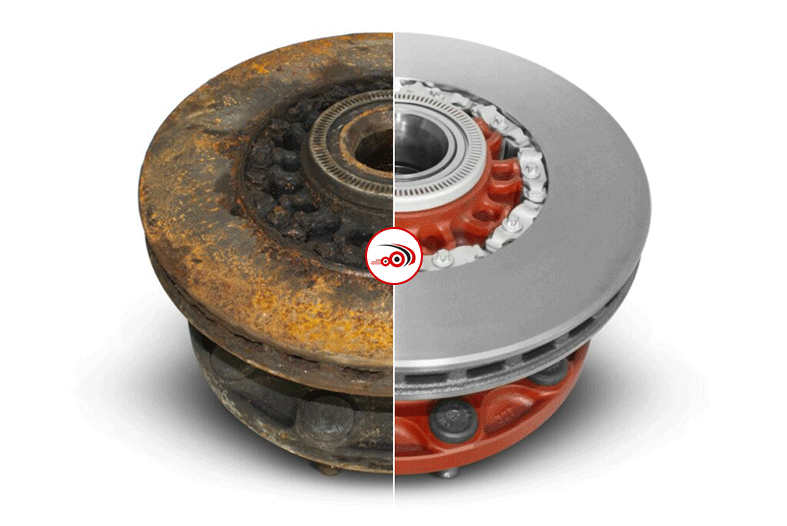
A wheel bearing has an essential role in your vehicle’s wheel assembly. It connects the axle to the wheel, allowing the wheel to rotate with minimal friction. This ensures that not only is your driving experience smooth, it’s also safe.
With the passage of time, general wear and tear, bad road conditions, and reduced lubrication can cause bearing failure. Understanding the signs that your wheel bearings are deteriorating and need attention can save you money and ensure you’re safe when out on the road.
What are the signs of a bad wheel bearing that you should look out for?
Common signs your wheel bearing may be failing
There are a number of signs that your wheel bearing may be failing. Here are some of the most common:
- Unusual noises
A failing wheel bearing may become noisier with the volume increasing as the problem gets worse. Typically, this might be a humming or growling sound, grinding noises, squealing or chirping. These are often worse when the vehicle is travelling at speed or cornering.
- Vibrations or wobbling
A failing wheel bearing may cause the wheel to wobble or vibrate. This can particularly be a problem at higher speeds, resulting in uneven handling or a shaky steering wheel. This can quickly compromise the overall stability of the vehicle.
- Uneven tyre wear
A bad wheel bearing will often cause a wheel to tilt slightly which, over time, can cause uneven tyre wear. If one tyre appears to be noticeably more worn than the others, then it may be caused by a failing bearing that is preventing the wheel from rotating correctly.
- ABS malfunction warning
A vehicle’s wheel bearings are connected to the vehicle’s Anti-lock Braking System (ABS). When a wheel bearing is faulty it can interfere with ABS sensors, which may trigger the dashboard ABS warning light.
- Steering instability
When your vehicle has a bad wheel bearing it can feel unstable. This is particularly pronounced during sharp turns or when driving on uneven road surfaces. At the same time, the steering may feel loose and less responsive.
- Heat or a strong smell in the wheel area
A bad bearing will tend to generate more heat due to the increased friction. When this is severe, the deterioration may cause a smell of burning grease or rubber.
How do you know your wheel bearings are going bad?
What are the signs of a bad wheel bearing that you should be able to identify before the problem reaches a critical stage?
Here are some of the methods that can be used to determine if bearing need attention:
- Noise test
During straight driving, you may hear consistent noises that increase with speed. A failing bearing may often produce louder noises when the wheel is being turned in the direction opposite the wheel with the failing bearing.
- Wheel play
Excessive wheel play can be manually tested. With the vehicle safely jacked up, grip the tyre at the 12 o’clock and 6 o’clock positions, then rock the wheel back and forth. Excessive movement or noticeable looseness may indicate a failing wheel bearing.
- Inspect tyre wear
You should conduct a regular visual inspection of your vehicle tyres. Uneven wear across the tyres can indicate that tyres are misaligned. One of the causes of wheel misalignment is faulty wheel bearing.
- Steering and handling changes
If your vehicle feels unstable during turns when driving, or if it’s pulling to one side, this might signal that there is a bad bearing.
- Heat test
Check the temperature around the wheel hub after driving. If a hub feels significantly warmer when compared to the others it might indicate that there is an issue with the wheel bearing.
Diagnosing and repairing a wheel bearing requires specialised tools and expertise. If you have a problem with your wheel bearing, you should consult a trained mechanic.
Expert advice and high-quality parts from CV Hubs & Bearings
Ensuring that your wheel bearings are fit for purpose is essential to keep your vehicles safe and operational
At CV Hubs & Bearing, we’re specialists in all things HGV, bus, and trailer wheel hubs and bearings. Our experienced team is always on hand to answer any questions you may have.
We stock an extensive range of wheel hub components for a wide range of vehicles.
Contact us to find out more about our services
Back to news

